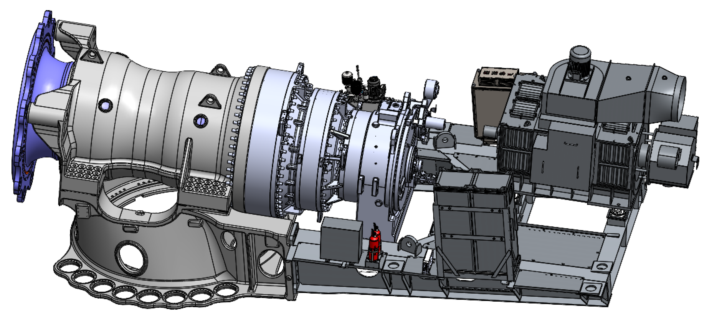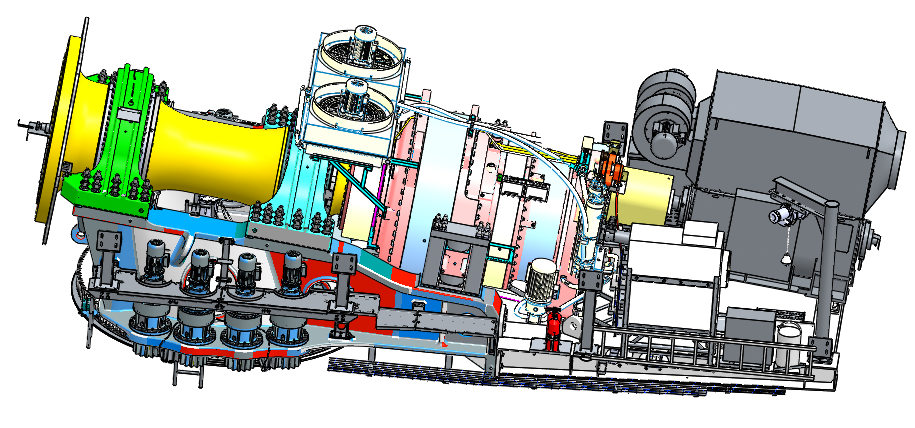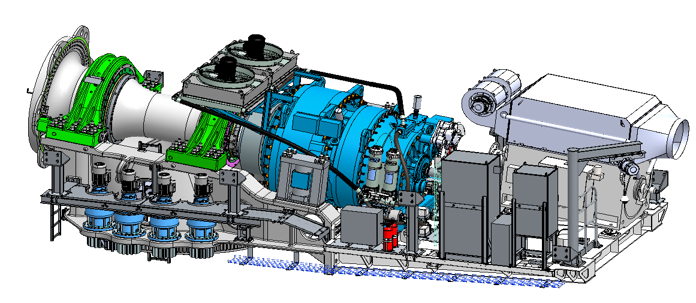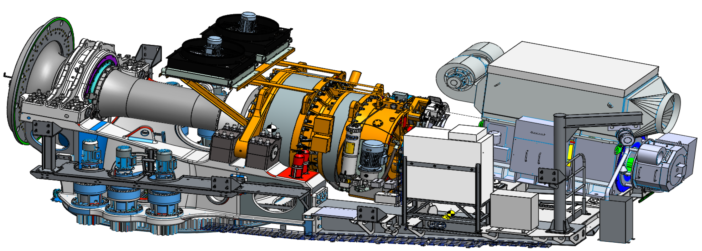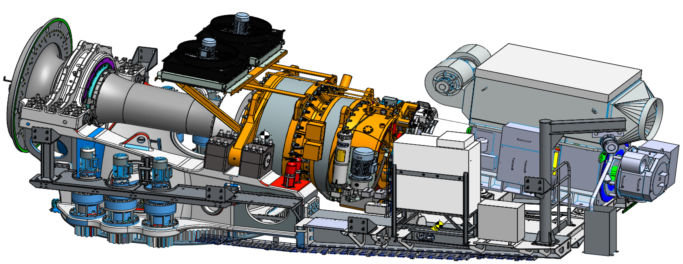Wedoany.com Report-Nov 22,Continued reliance on gas-fired generation will eventually push power prices back up, finds analysis, although doing away with gas entirely would be even more expensive
Surging power supply from wind farms could more than halve UK electricity prices in the next decade, although continued reliance on gas will slowly push them back up again, says research group BloombergNEF.
After reaching a peak of almost £250/MWh ($317/MWh) during the energy crisis sparked by the war in Ukraine, BNEF said in a new report that it expects UK power prices to normalise at an average of £71/MWh over 2024-26.
An expected gross addition of 20GW of new wind farms over the next decade will see them “displacing gas plants" as the main power source for the grid and drive down electricity prices, said BNEF.
As wind generation in the UK grows, the research firm said electricity prices could drop to a low of £30/MWh by 2035.
Prime Minister Keir Starmer has pledged to turn the UK into a “clean energy superpower,” with a hugely ambitious – some say unrealistic – goal of quadrupling offshore wind capacity to 60GW by 2030. The government aims to run a clean power grid by the end of the decade.
BNEF said in its report that UK power prices “bottom out” in 2035, as wind and solar “reach saturation” in the country’s electricity generation mix at 82%.
But BNEF then expects power prices will rise by an average of £1.5/MWh a year until 2050. This is because the market will look for “dispatchable capacity to meet demand – which in our base case is from gas plants.”
This stable share of gas in power generation will push power prices upward, it said. As gas generators step in, this could steadily lift electricity prices to £52/MWh by mid-century.
In BNEF’s net zero emissions scenario – which charts what the UK must do to hit net zero by 2050, meeting Paris Agreement goals – prices will rise by a further £14/MWh on average between 2024-2050, it said.
“The higher prices are driven by increased power demand being met by low-carbon firm technologies, instead of unabated gas generation.”
The UK is now entering a period of “significant change” in its power generation mix, Arhnue Tan, a European power analyst at BNEF and an author of the report, told Recharge.
“While the share of wind and solar is growing over the next 10 years, there is also an upcoming retirement cycle for ageing nuclear and gas plants. These retirements mean that there needs to be focus on building out new clean dispatchable capacity or potentially – extending the lifetime of existing assets.”
“At the same time, investing in flexibility is also critical to secure power supply in a system that is heavy on variable generation sources."

